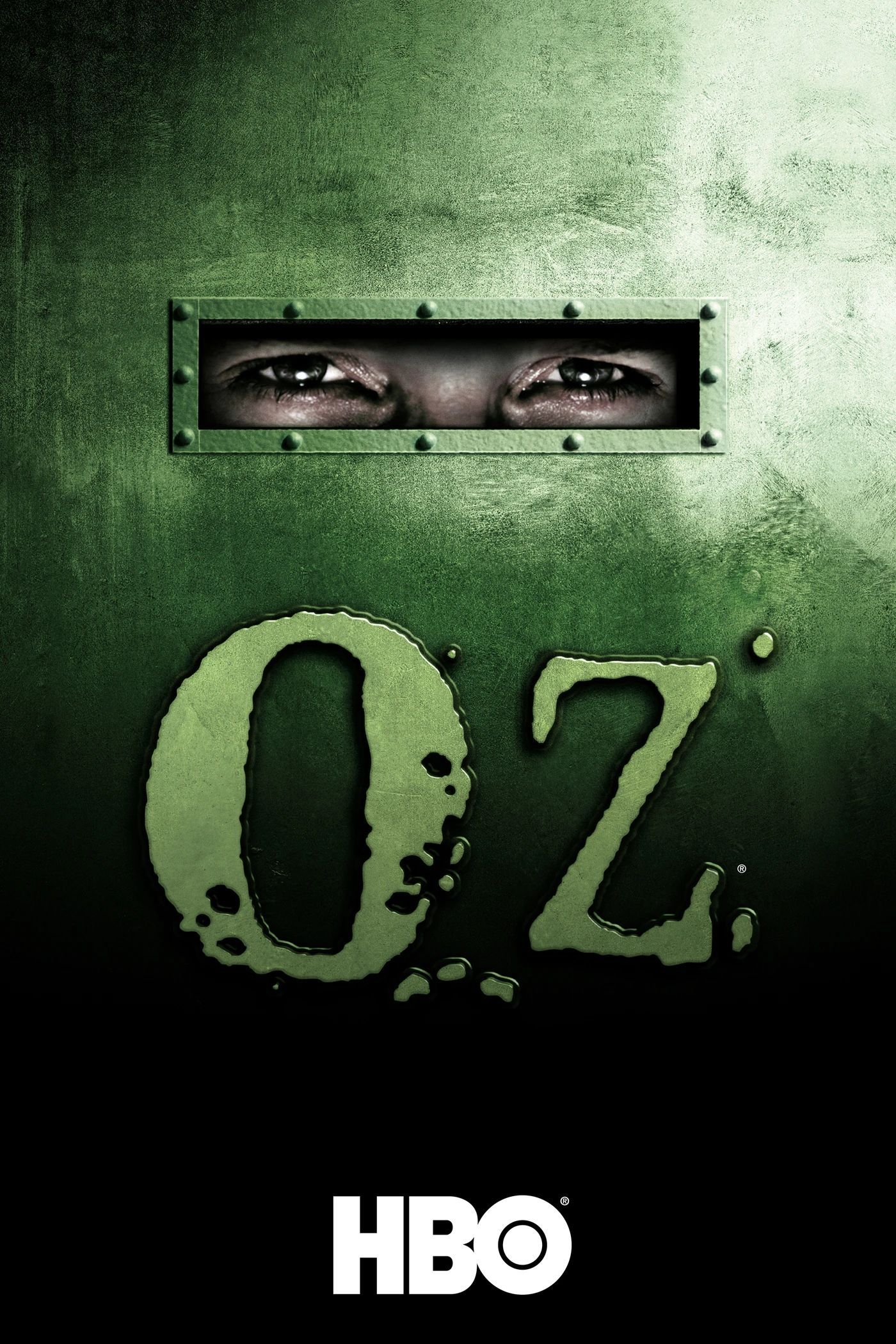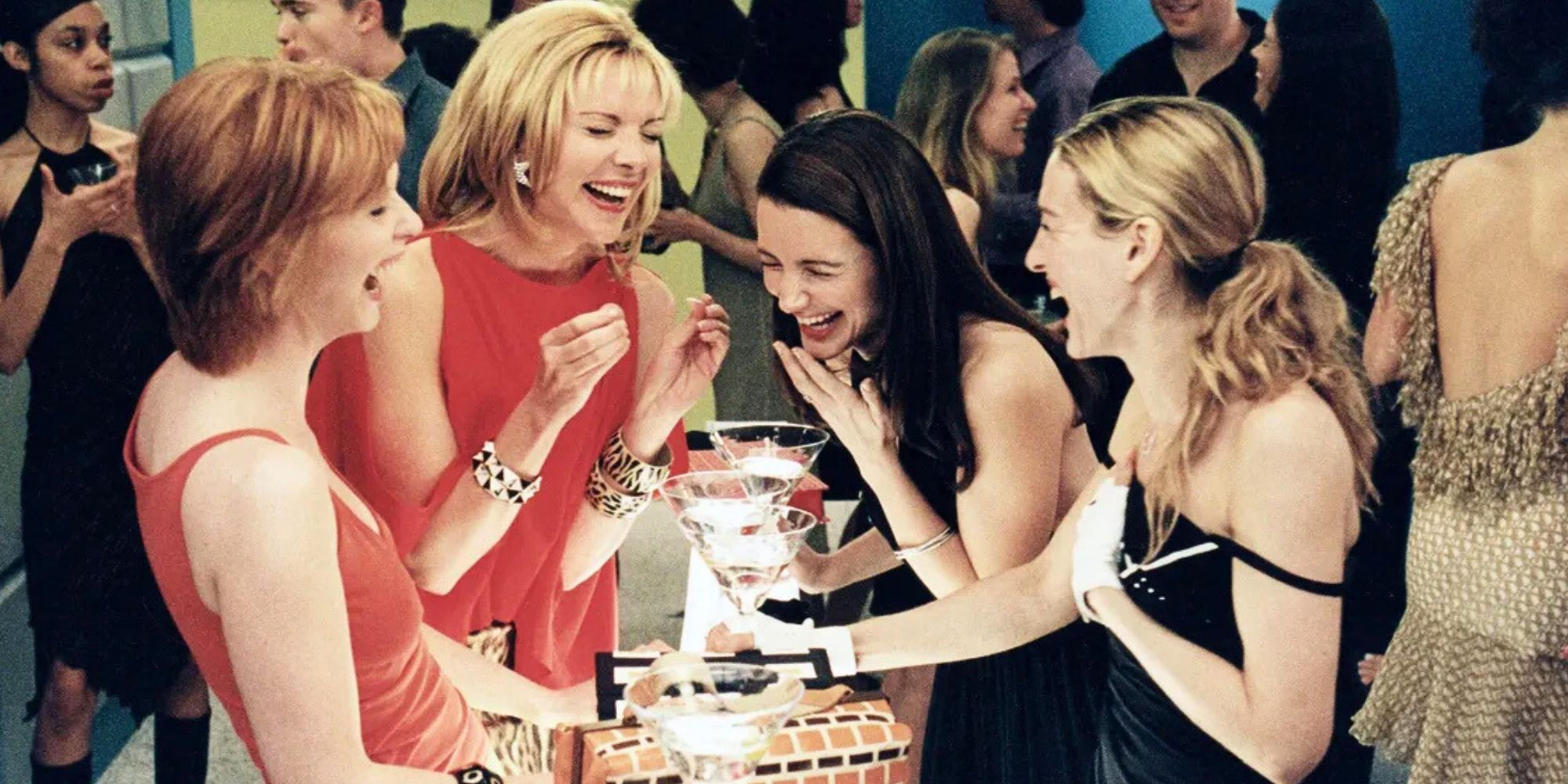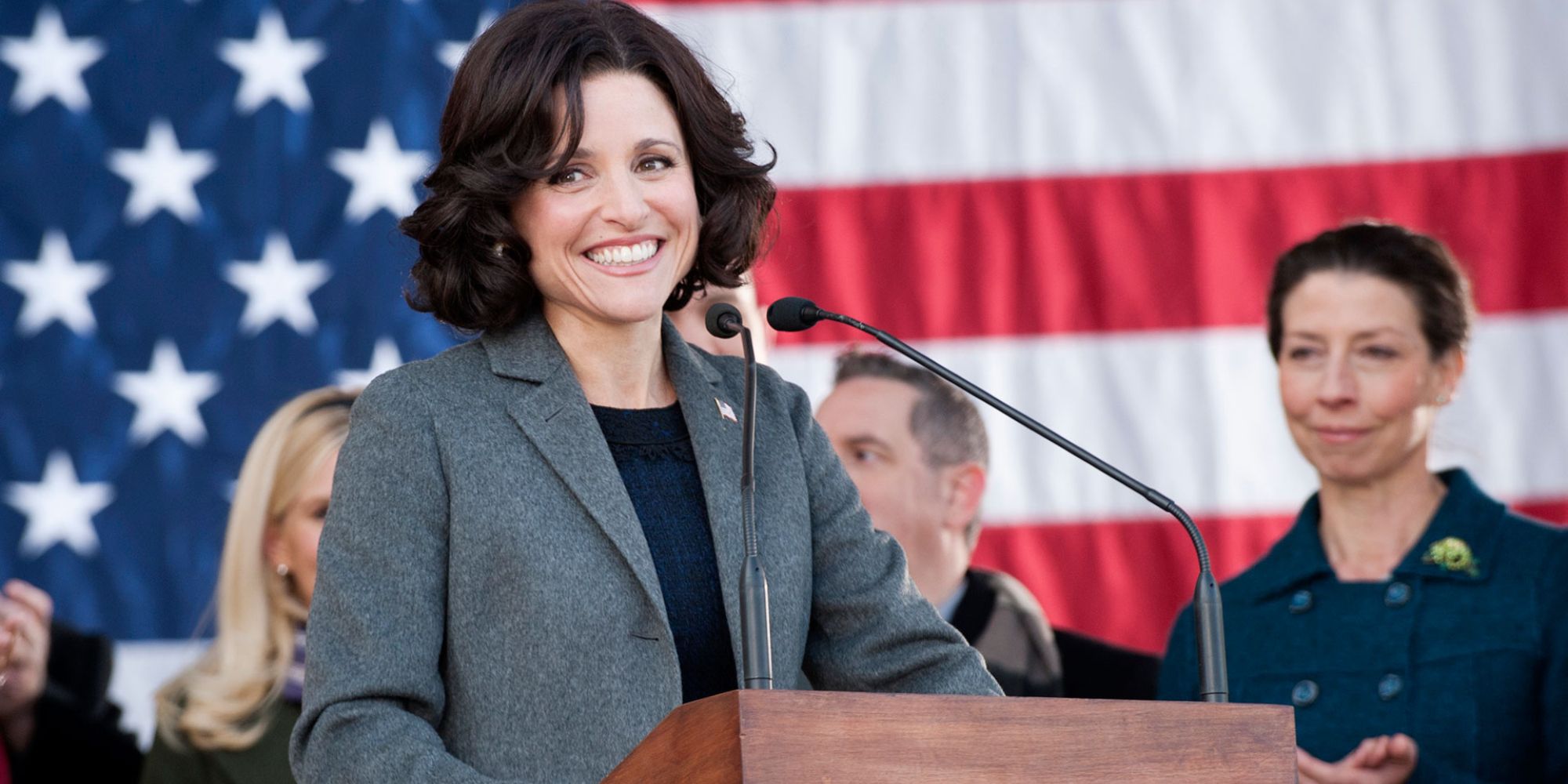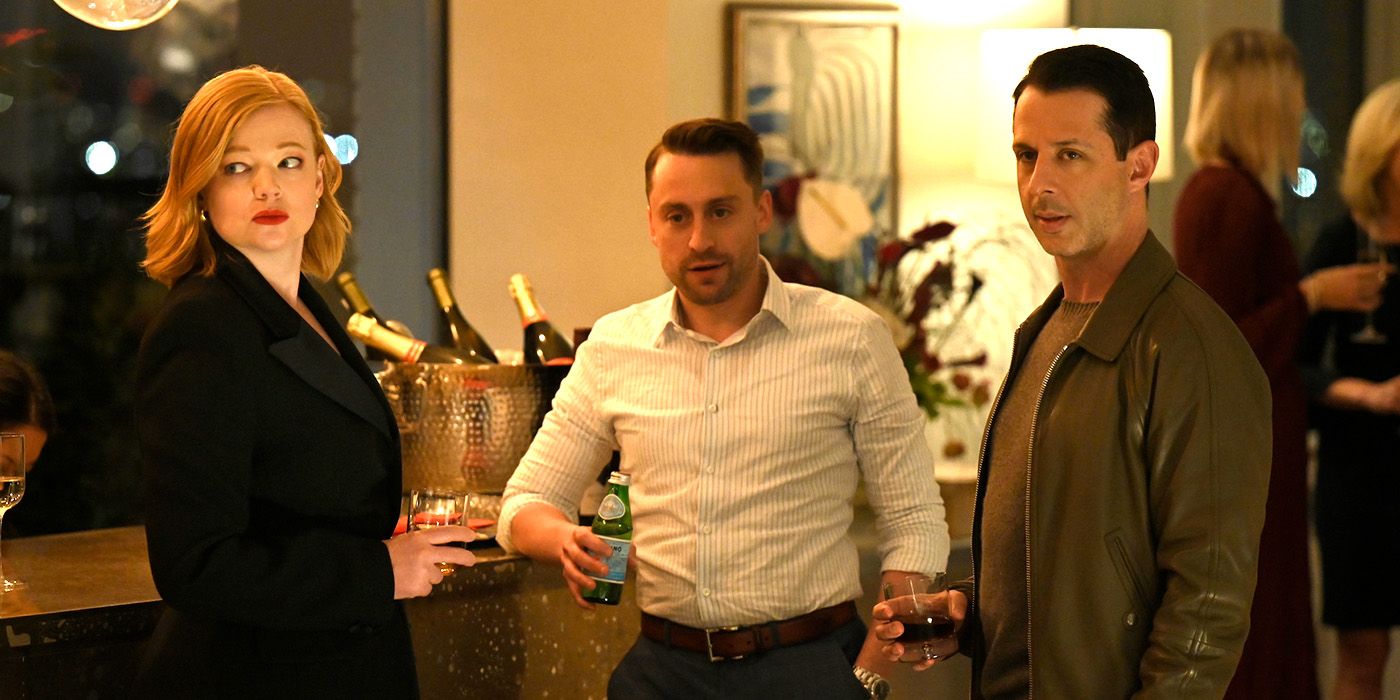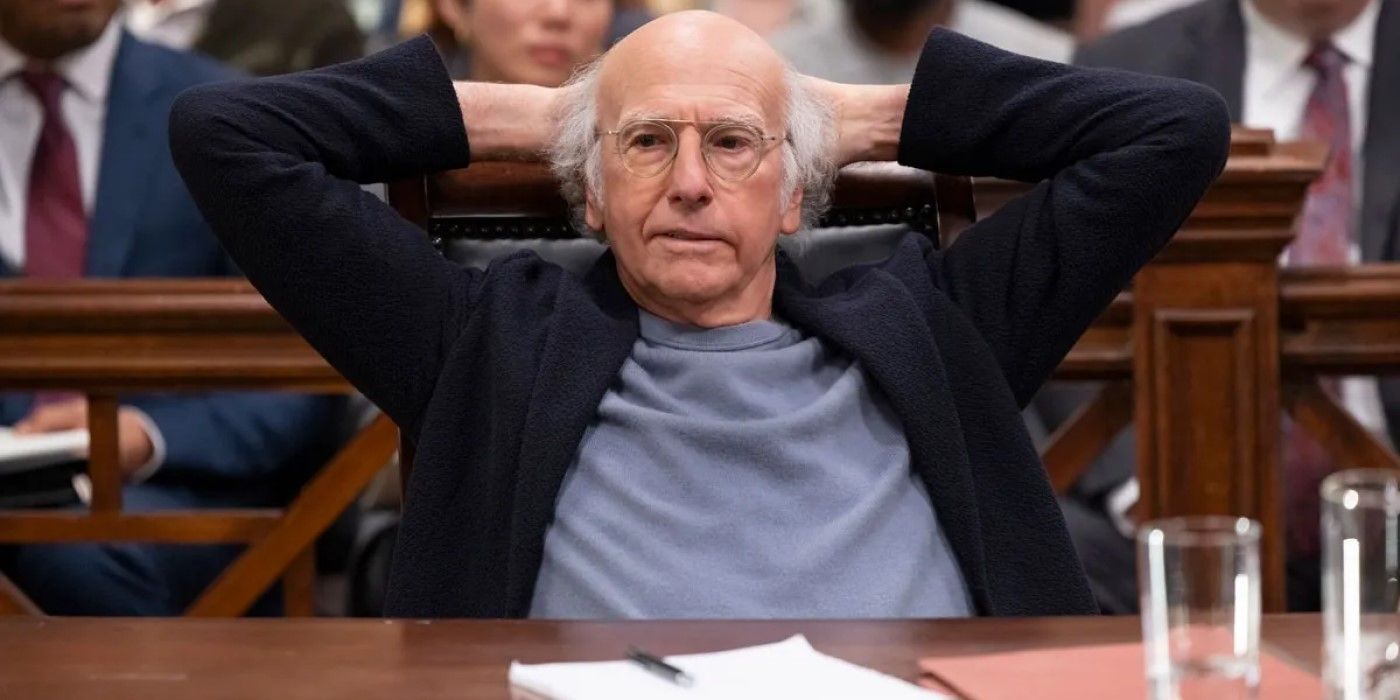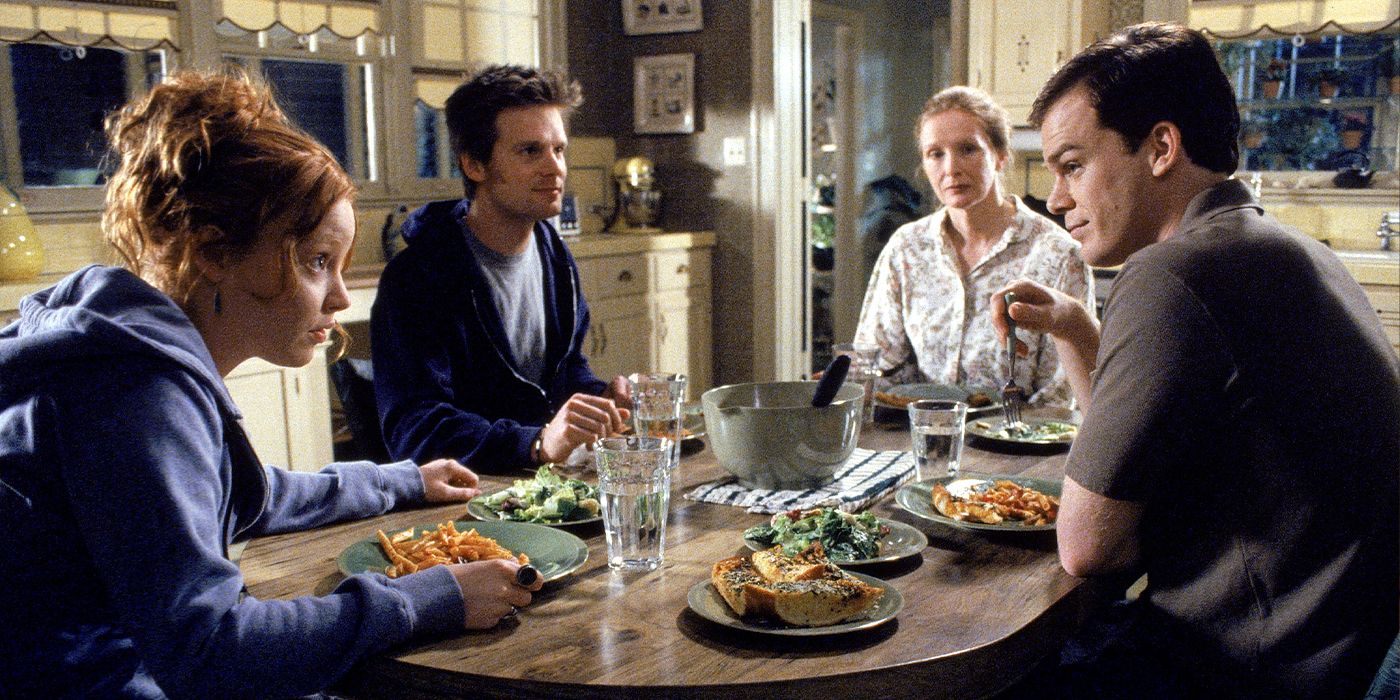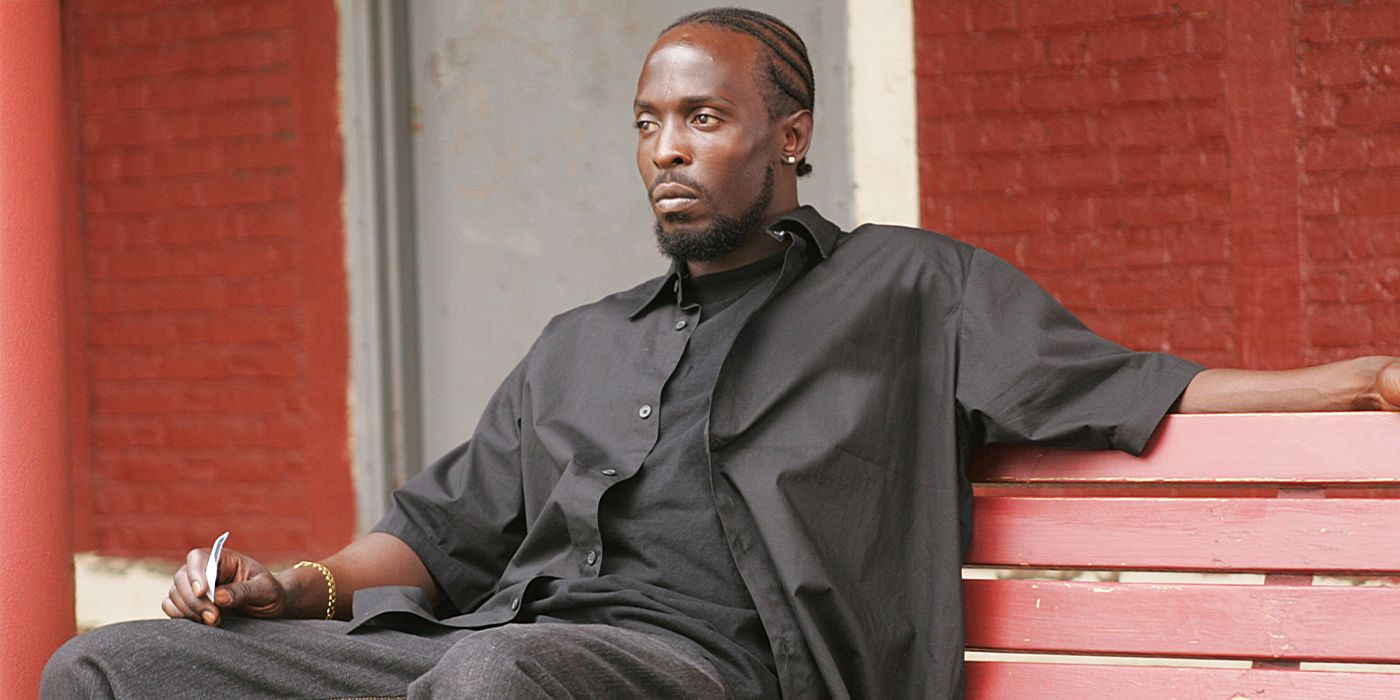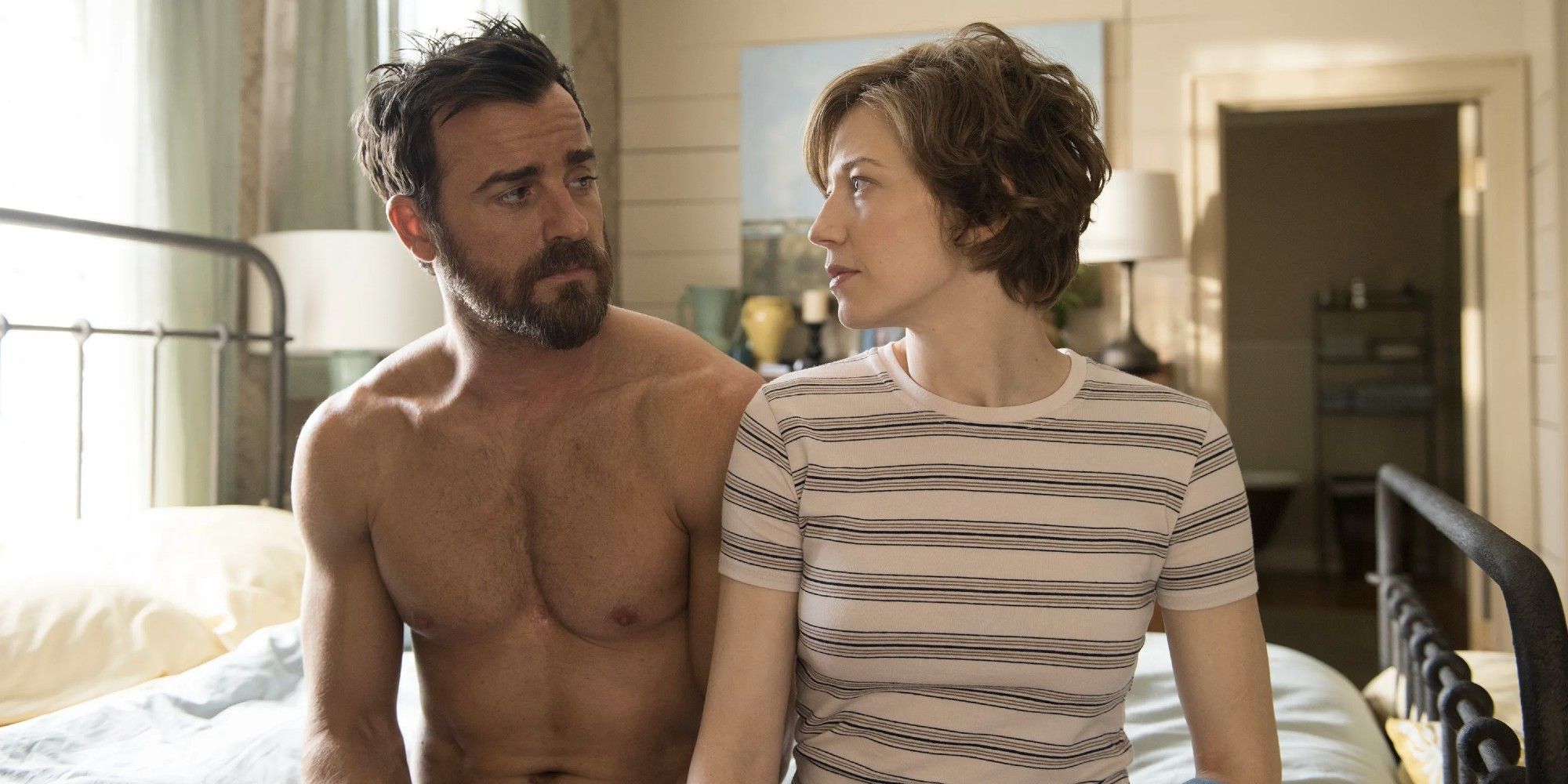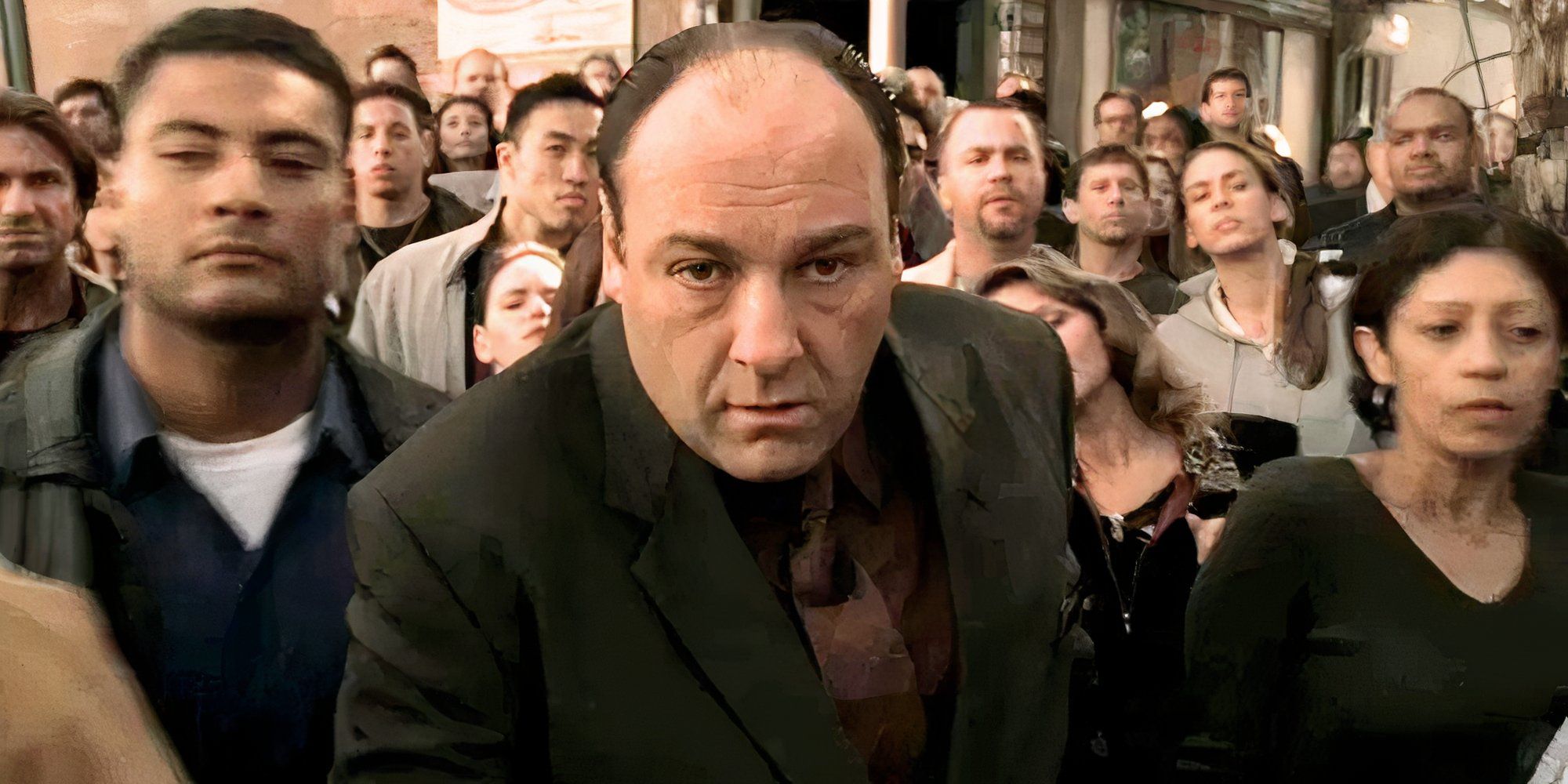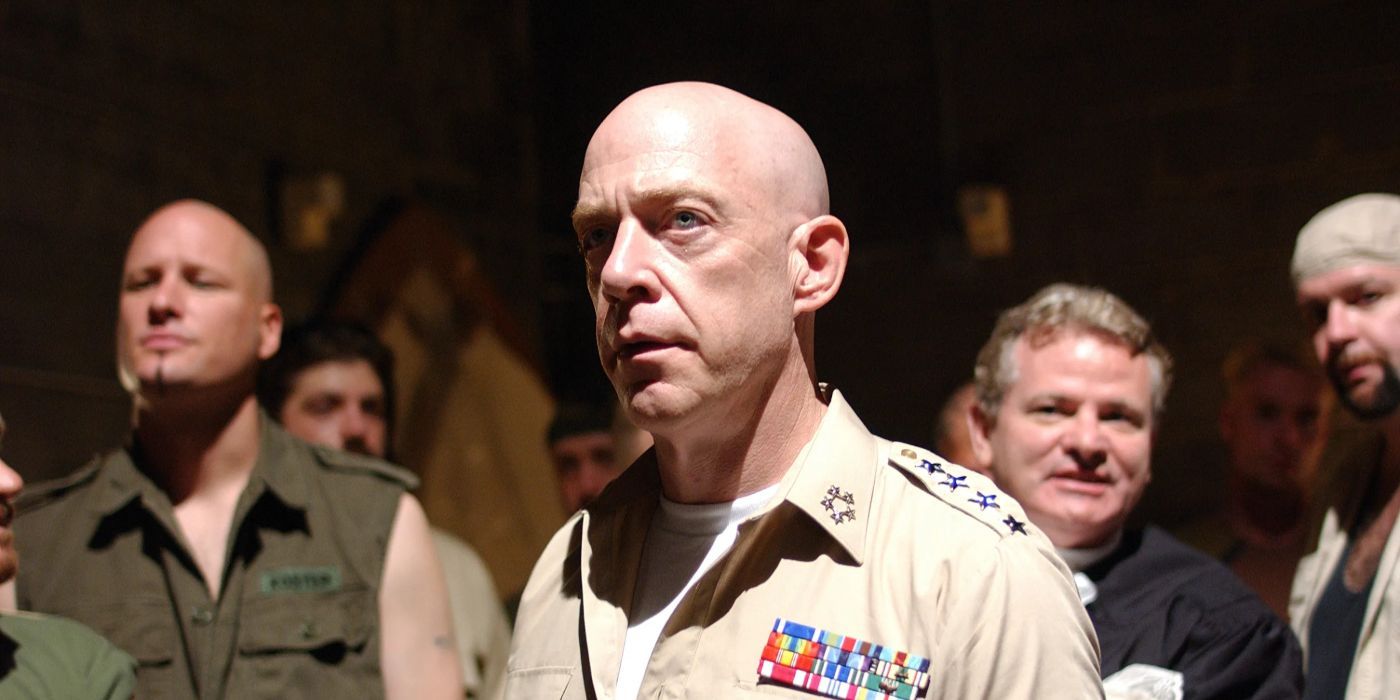HBO was born out of the need for an alternative to traditional cable programming. It revolutionized the way we watch television by creating a subscription-based service outside the conventional channels. As a result, shows could challenge censorship required by FCC laws and cater to audiences in need of inventive content. They explored otherwise taboo subjects like sex, drug use, and violence in a more graphic manner. These led to fresh premises in early shows like Oz, Sex and The City, and beyond.
While the service has reinvented itself (many times over) in recent years, the mission remains the same: to allow users to indulge in a “Home Box Office” experience tailored to their preferences. It offers a wide range of shows across genres and topics. Regardless of its name—HBO, HBO Go, or Max—the very first subscription-based platform set a precedent for modern streaming services and greater freedom for content creation. From Veep to The Sopranos, these shows are mandatory viewing from HBO’s vast catalog.
10
‘Sex and the City’ (1998–2004)
Created by Darren Starr
Sex was not often talked about – or depicted – on mainstream cable television. But Sex and the City changed that. The HBO series followed four women: Carrie Bradshaw (Sarah Jessica Parker), Charlotte York (Kristin Davis), Miranda Hobbes (Cynthia Nixon), and Samantha Jones (Kim Cattrall). Each character represented a realistic portrayal of women in their 30s and 40s navigating life, love, and their careers in New York City.
Yes, some plots may not be true to reality (like how Carrie could afford her lifestyle on a weekly columnist’s salary). But it’s still easy to resonate with and fantasize about the scenarios they get themselves into. Sex and the City had a lasting effect on culture in the 1990s and 2000s, from magazine articles asking readers “which character are you?” to the invention of the popular Cosmopolitan cocktail. The series spawned two movies and a spinoff series, And Just Like That…, but these can never compare to its originator.
9
‘Veep’ (2012–2019)
Created by Armando Iannucci
When does satire seep into reality? This is all too true of HBO’s Veep. Vice President Selina Myers (Julia Louis-Dreyfus) intends to take the presidency in this 2012 political comedy shedding humorous light on the inner workings of the US government. While the stakes are high (war, scandal, etc.), Selina’s brash mouth and neurotic antics highlight how foolish the circumstances are. It’s a workplace comedy similar to The Office infused with high-stakes political drama like Scandal. Somehow, the formula works.
Veep was based on its British counterpart, The Thick of It, and quickly outshined its predecessors from over the pond. Veep is one of many political TV shows that aired in the 2010s but tackled the subject in a unique tone. This is greatly thanks to Drefyus’ incredible comedic prowess stemming from her background in Saturday Night Live and Seinfeld. Viewership soared during the 2020 election cycle for obvious reasons as fans coped with the political environment. Veep didn’t mean to be a documentary – it just happened to air (preemptively) at the right time.
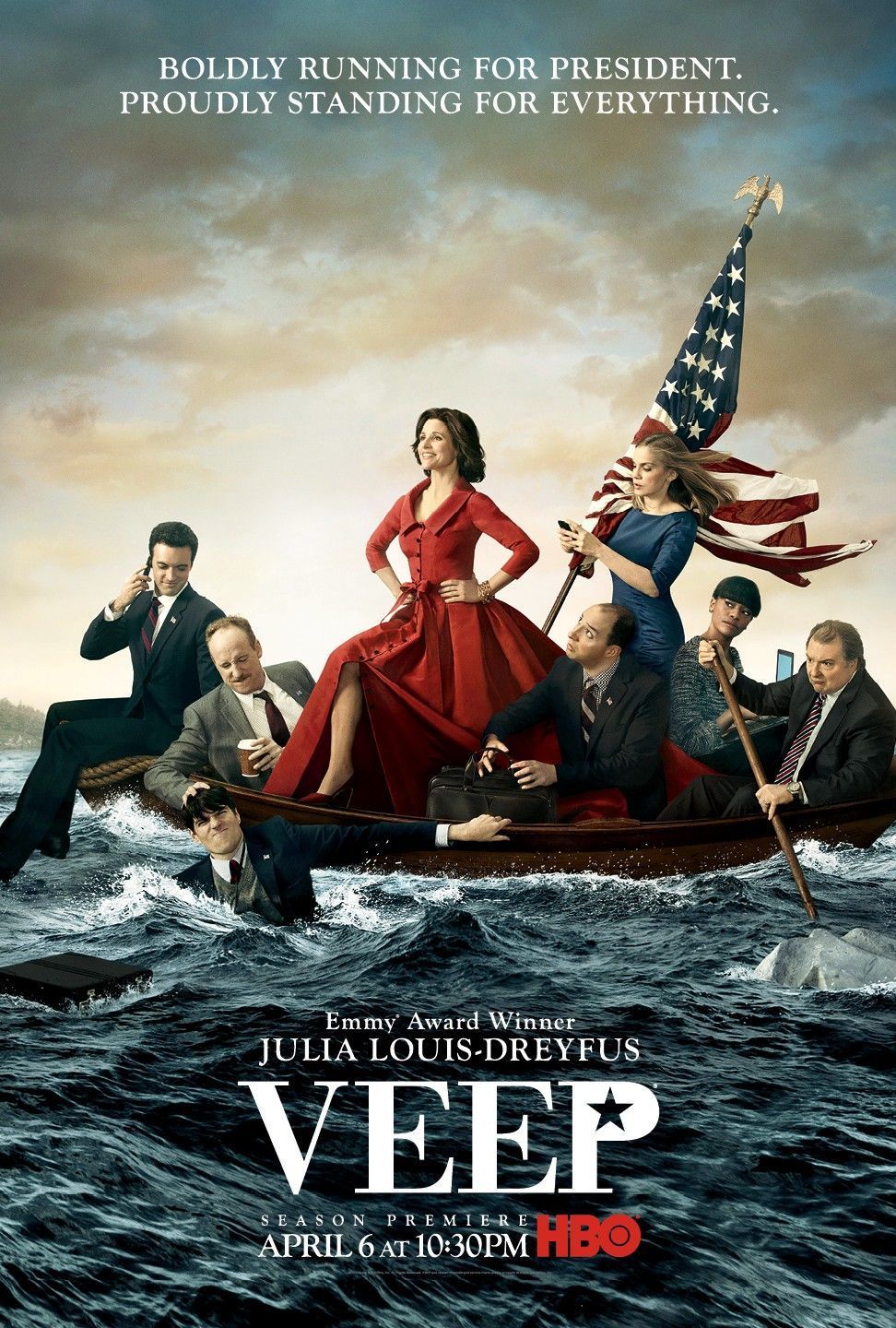
8
‘Succession’ (2018–2023)
Created by Jesse Armstrong
Succession is one of many HBO shows that captured fans’ attention week after week and fostered engaging online discourse fueled by rhetoric, theories, and debate. It’s a show about family, wealth, and power. Who will take over Waystar Royco when its figurehead eventually leaves the company? It’s not that simple and nearly tore an already fractured family apart.
But this is a plot with a deadline – someone must inevitably take control of the Waystar Royco before it crumbles. One of the show’s greatest feats is that creator Jesse Armstrong knew when to end. Many series often fall into this trap as they try to continue a show for as many seasons as they can. The HBO show was purportedly inspired by the real-life Murdoch family and their scandalous affairs in deciding who would take over their legacy media conglomerate.
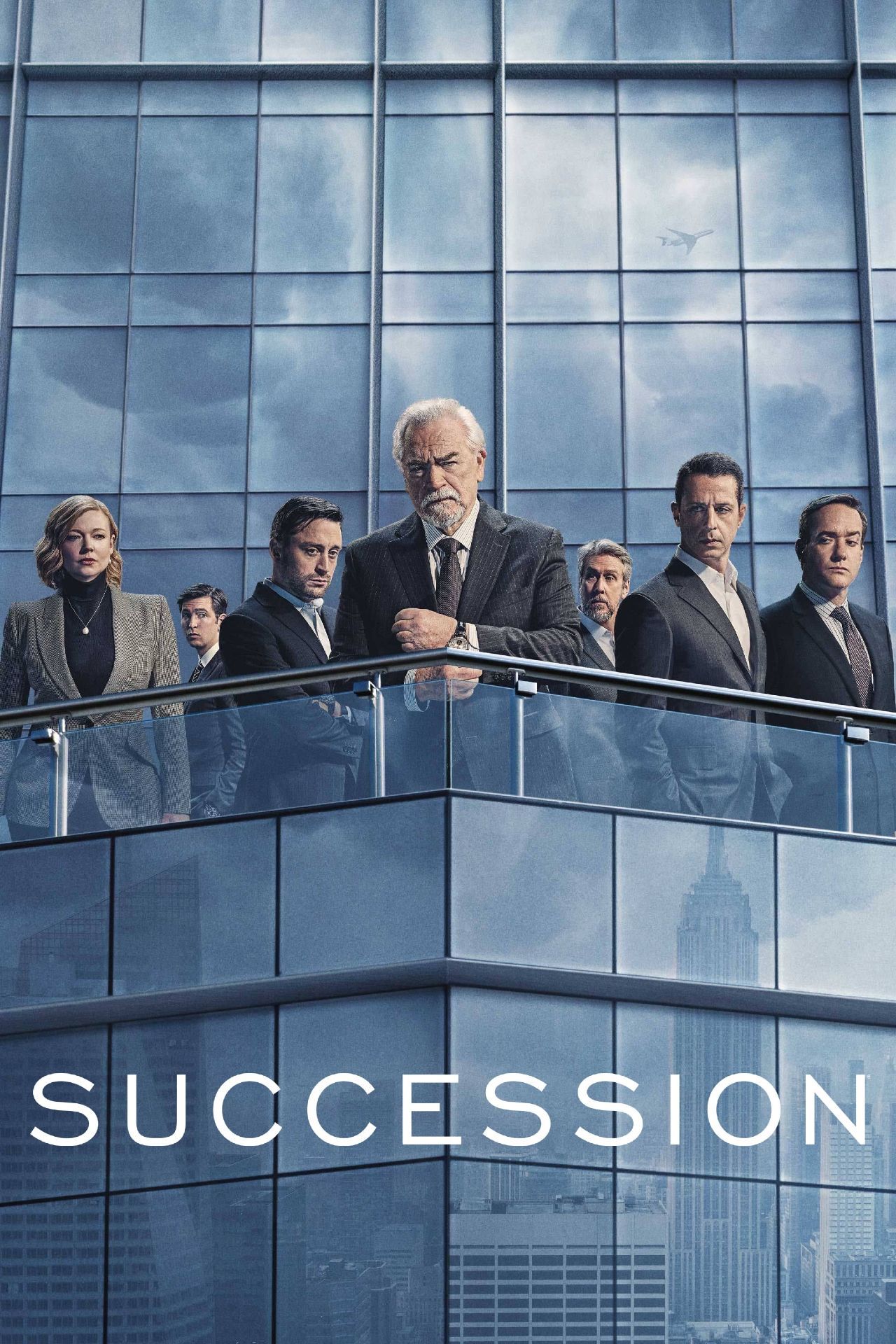
7
‘Curb Your Enthusiasm’ (2000–2024)
Created by Larry David
Curb Your Enthusiasm is Larry David being Larry David for 12 seasons. It relied on improvisation without a steady plotline as the episodes often veer towards absurd scenarios that only Larry David could find himself in. The show was known for employing David’s wide network of Hollywood actors, writers, and directors in cameos and guest roles in a way that audiences had never experienced before.
The HBO original premiered in 2000, just two years after completing his tenure as a writer for Seinfeld. In many ways, Curb Your Enthusiasm can be considered a spinoff of the fictional/real-life David as he plays a semi-retired writer on the show. The Emmy Award-winning series concluded in 2024 after a long hiatus, giving fans a chance to say goodbye to their favorite grumpy man. It’s for these reasons (among others) that Curb Your Enthusiasm has remained such a mainstay in television throughout the decades.
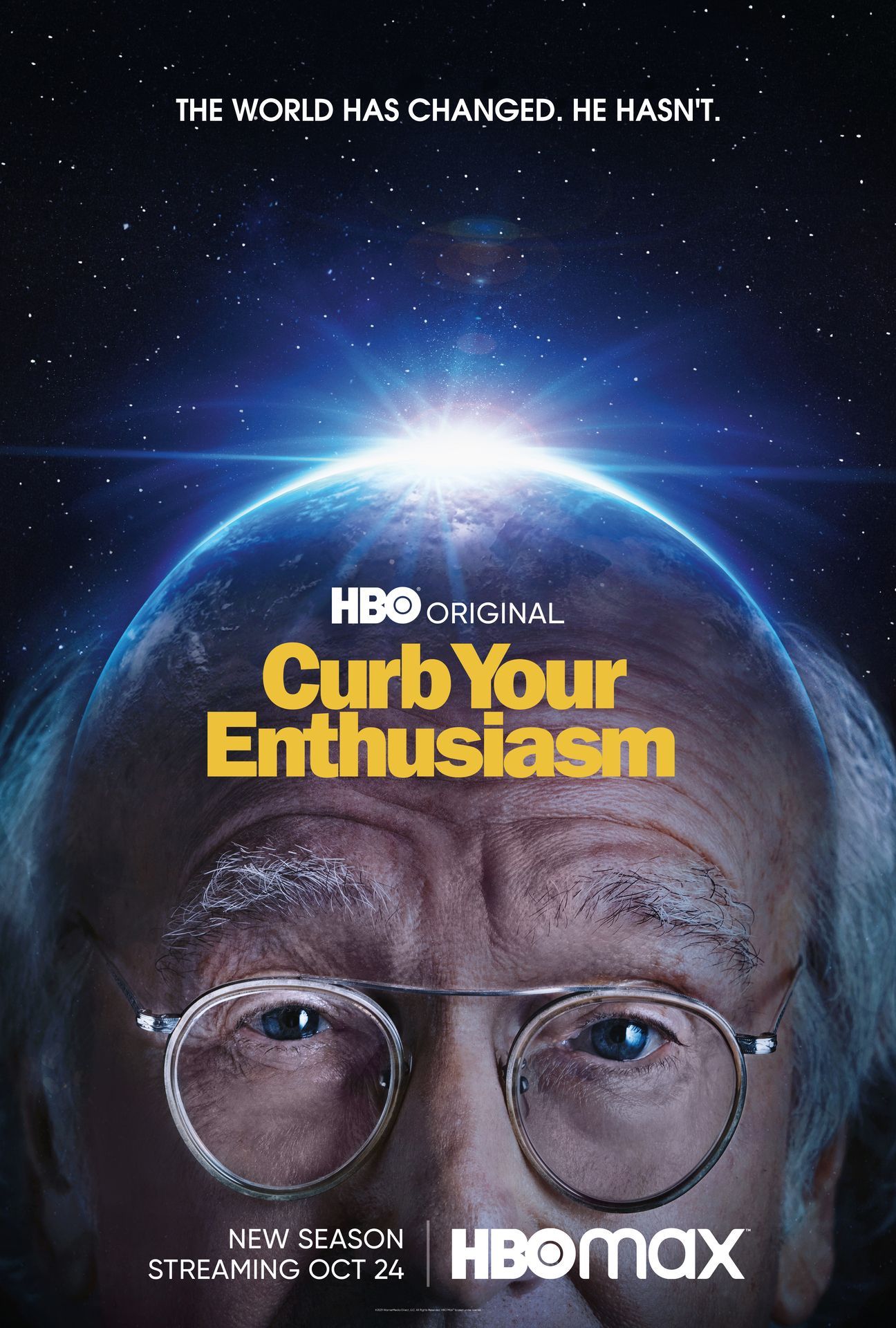
- Release Date
-
2000 – 2024-00-00
- Network
-
HBO Max
- Showrunner
-
Jeff Schaffer
- Directors
-
Robert B. Weide, Larry Charles, David Steinberg, Bryan Gordon, Alec Berg, Andy Ackerman, David Mandel, Barry Gordon, Cheryl Hines, Dean Parisot
6
‘Six Feet Under’ (2001–2005)
Created by Alan Ball
Set in early 2000s Los Angeles, Six Feet Under follows the Fisher family navigating life (and death) as they run their family business: a funeral home. Each episode centers around death and subsequent contemplation, which guides the events of each character. It’s a profound series that often plays out like a soap opera whereby each person must face a conflict within themselves and between interconnected characters.
Despite a dismal title and dark undertones, Six Feet Under somehow managed to engage audiences through its character-forward narratives. It was easy to resonate with Nate’s (Peter Krause) battle with responsibility, David’s (Michael C. Hall) exploration of sexuality, or Claire’s (Lauren Ambrose) coming of age in a tumultuous household. But it’s the investment that’s worth it. Without spoilers, Six Feet Under concludes with one of the best TV series finales of all time. It’s worth sitting through five seasons of this powerful show just to experience those final 10 minutes. You know it’s good when even George R.R. Martin says “I cannot imagine how anyone could do better.”
5
‘Game of Thrones’ (2011–2019)
Created by David Benioff and D. B. Weiss
Game of Thrones dominated 2010s pop culture as a revolutionary fantasy series rich with themes of power, family, and morality. It included political undertones as households battled one another for their right to the Iron Throne. The series was not afraid to kill off major characters as fans quickly learned not to get too attached. Game of Thrones depicted brutal deaths; a careful balance of satisfying and devastating.
Although the series was based on George R. R. Martin’s fantasy novels of the same name, it eventually surpassed the source material and made it its own. It’s debatable whether that was the right choice given the controversial final season that still receives criticism even today. There are no words that can be used to explain the sentiments of seeing those dragons for the first time or the world of Westeros itself come to life. Once you’re done with Game of Thrones, you might as well watch its spinoff, House of the Dragon, and check off another HBO original series!
4
‘The Wire’ (2002–2008)
Created by David Simon
The Wire is an early crime-drama show, airing from 2002 to 2008. It follows a police unit as they investigate crimes across the city of Baltimore, Maryland, and their effects on residents in multiple capacities. The show is not afraid to depict darker themes and focuses primarily on the relevant war on drugs told through the lens of both the law and the perpetrators.
HBO loves a good crime show. But The Wire is different in that it offers greater contemplation regarding the ethics of crime as it has evolved over the seasons. The show’s strongest point is its world building: Baltimore itself becomes a character as investigations incorporate everyday citizens affected by – everyone from drug deals to journalists and even children affected by situations.
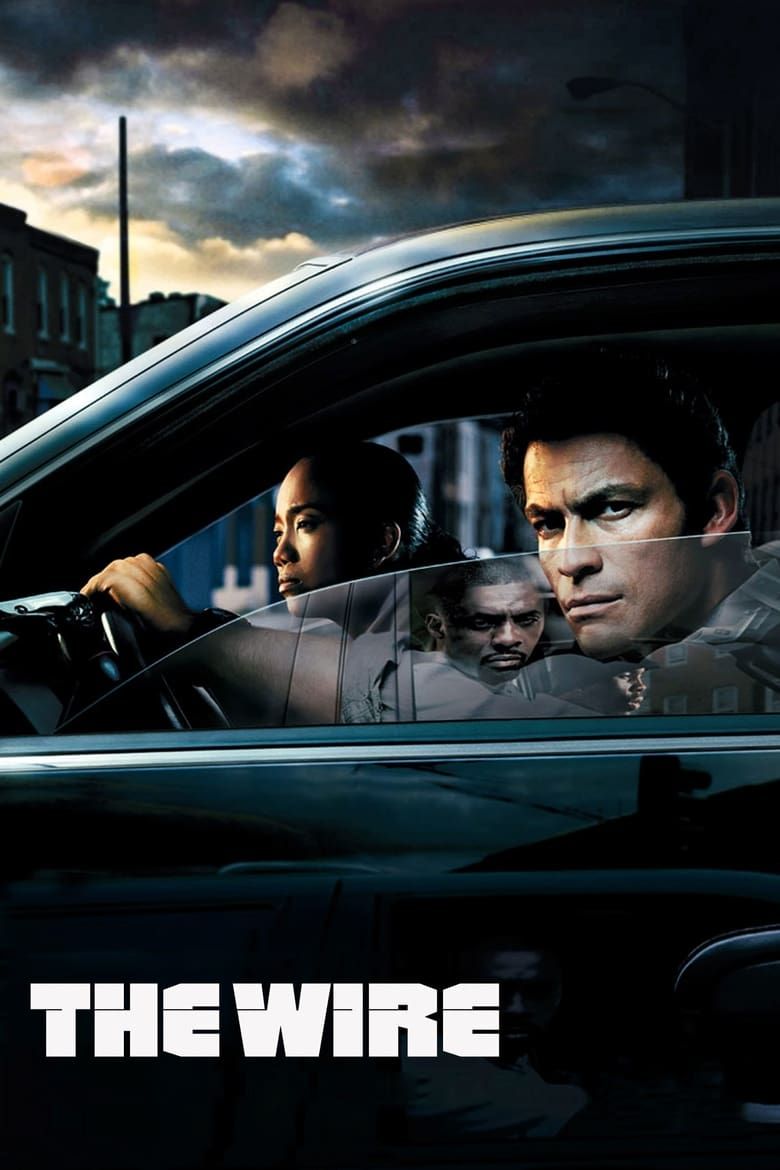
3
‘The Leftovers’ (2014–2017)
Created by Damon Lindelof and Tom Perrotta
An inventive premise based on Tom Perrotta‘s novel of the same name, The Leftovers begins in the sleepy suburban town of Mapleton, New York. It’s a show about existentialism as characters cope with the disappearance of 2% of the world’s population in an event deemed “The Departure.” The Leftovers‘ intrigue lies in ambiguity which viewers might find engaging or frustrating – but that’s the intention! There are religious, philosophical, and scientific themes throughout.
The Leftovers gained popularity during the COVID pandemic due to themes of grief and how to move forward. As Perrotta told The New York Times, “I think there’s something about the scale of The Leftovers that’s truer to the cataclysms that we have lived through.” That’s what makes it so captivating. This is executed flawlessly by a strong cast that includes Justin Theroux, Carrie Coon, and Margaret Qualley.
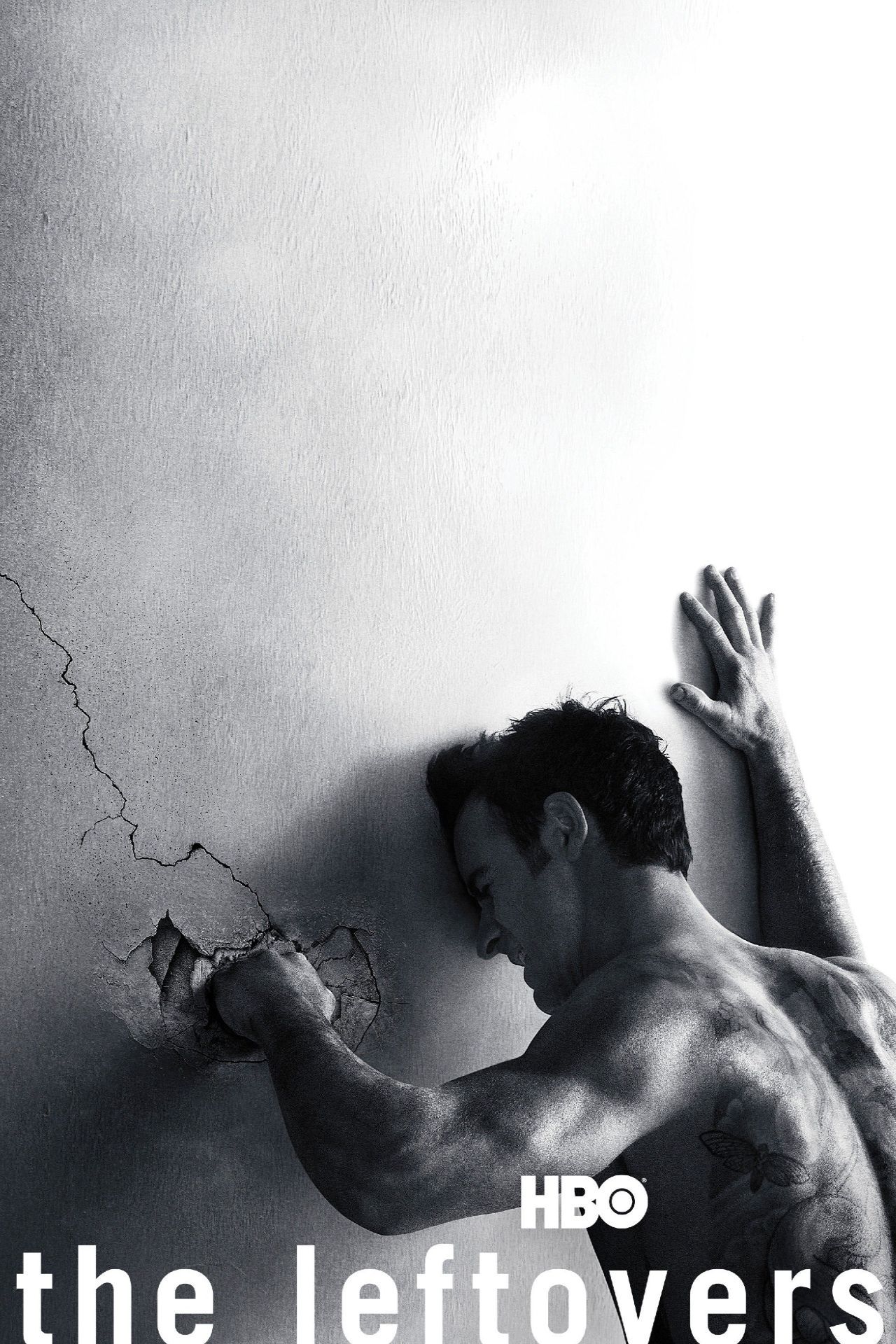
2
‘The Sopranos’ (1999–2007)
Created by David Chase
The Sopranos is often considered one of the best TV shows of all time. Why is that? This early HBO series followed the complex life of Tony Soprano (James Gandolfini) and his family residing in northern New Jersey. It infused humor into an otherwise normal storyline. The Sopranos was also unique in that it wasn’t afraid to portray a man as both strong and weak when he attended therapy, in contrast with his masculine persona. Additionally, it’s hard to listen to Journey’s “Don’t Stop Believin'” without thinking about that final controversial scene.
There are many instances of movies inspiring spinoff television series or vice versa, and The Sopranos was a leader in this concept. It connects an otherwise insignificant man and his family existing in an insignificant New Jersey town to The Godfather four decades later. Actors and characters from the original even appear in main roles or through cameos, furthering this continuity. It’s recommended to watch the movie franchise before starting the HBO drama to fully appreciate the Easter eggs and references to the former make for a more enriching experience.
1
‘Oz’ (1997–2003)
Created by Tom Fontana
The Sopranos is indeed one of HBO’s best original series, and possibly one of the best of all time. But before that is the oft-forgotten prison drama, Oz. Protagonist and inmate Augustus Hill (Harold Perrineau) provided narration for each episode reminiscent of a Greek chorus. It was a poignant reminder of the complexities each character possesses, as if they were a tragedy straight from a Shakespearean play. The name alone provided an overview of what the series would become in this satirical take on The Wizard of Oz. Only in this case does it refer to the show’s setting of Oswald State Correctional Facility; as a promotional poster for the show reads, “This is no place like home.”
Yet, the inmates make “Em City” their home nonetheless, as they are divided into factions and foster connections to make their time in prison easier. Oz is at its best when these groups – usually separated by race or religion – interact with one another, furthering the cell block’s experimental concept. And in many ways, it works. Oz made television history in 1997 when it became the first hour-long drama series on HBO. It dealt with heavy topics surrounding the American prison system and, in many ways, challenged stigmas in the process.
